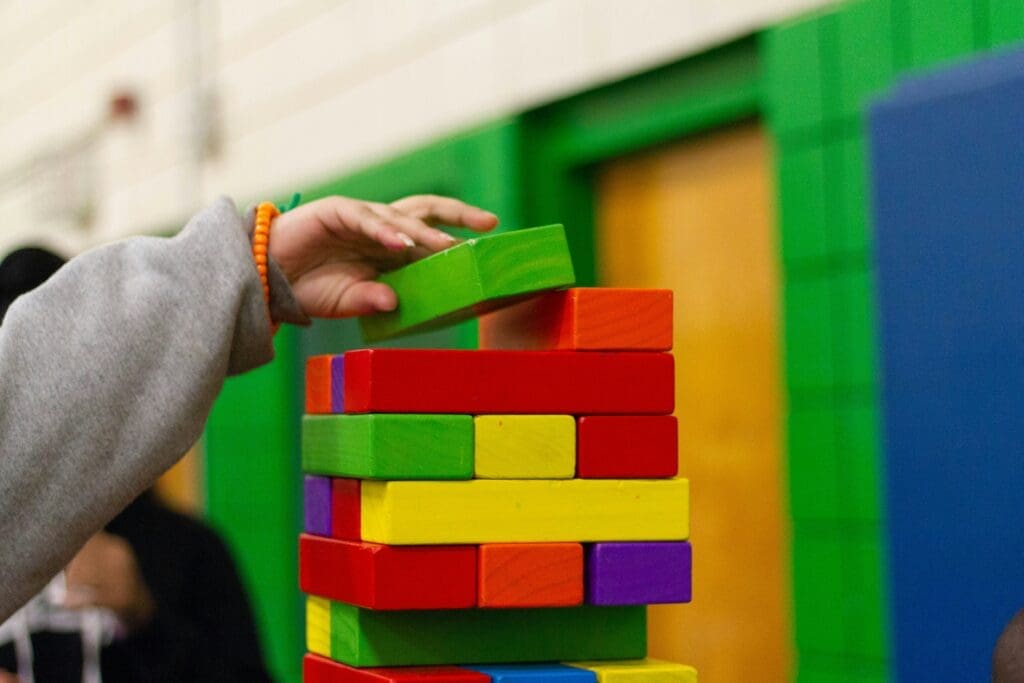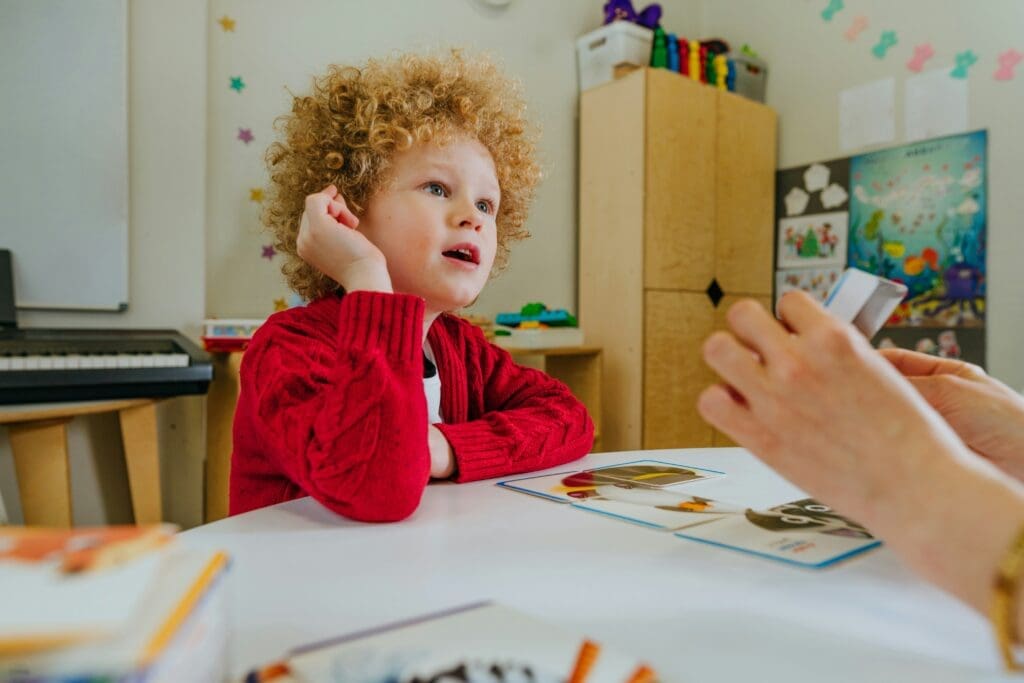📌5 key takeaways
Play is a natural way children learn and grow
Play allows children to explore, express emotions, develop creativity, and make sense of the world, making it a powerful foundation for therapy.Play-based therapy is evidence-based and goal-driven
Although it may look like simple play, it’s a structured, research-backed approach used by trained professionals to address developmental, emotional, and behavioural goals.Child-led play enhances engagement and outcomes
Letting children take the lead in play helps build trust, increases their sense of control, and results in better therapeutic outcomes.Therapy sessions are tailored to the child’s needs and interests
Depending on the child, sessions may involve child-led or therapist-directed play using tools like craft, storytelling, dress-up, or building activities to meet specific goals.Play therapy supports a wide range of developmental outcomes
It can help reduce anxiety, manage behaviours of concern, improve academic performance, foster social skills, and strengthen relationships with peers and parents.
Play therapy ticks all the boxes – it’s fun ✓, evidence-based ✓, and beneficial ✓!
Play is a child’s way of exploring the world, being creative, making mistakes, and expressing themselves.
It has become a powerful therapy tool, used by trained play therapists and other allied health professionals to work on a child’s specific goals particularly in the area of Early Childhood Intervention.
So channel your inner child, and let’s dive into all things play therapy!
What is play-based therapy?

While play therapy might look like the therapist is ‘just playing’ with the child, in reality, it is a scientific and evidence-based method of helping the child solve problems, explore their emotions, and deepen their play and creativity.
Play can broadly assist with a child’s development, and can also be used as a medium to target specific therapy goals.
Virginia Axline was a pioneer of play therapy, and her philosophy still influences the way many therapists work today!
In essence, Axline encouraged a child-led approach, so they could express themselves and their creativity without limitations (while maintaining safety, of course!).
When children lead and engage in play that interests them (not what the adult believes play ‘should’ look like), therapists get better therapy buy-in, and better results!

So what type of play is involved? It depends on the child’s interests and goals! Sessions might be:
- Child-led. The therapist may select the toys, or the environment, and the child decides how to play and sets the pace. Toys could include construction and building blocks, craft, or dress-up costumes.
- Directed play. The therapist directs the child in how to use the toys, or suggests ways to play, if the child requires more support or if this method is most beneficial for achieving specific goals. This could look like a specific craft or drawing activity, or supported story telling.
Why is play-based therapy so valuable for kids?

Play therapy is an effective method of supporting children to take the lead in their therapy. It’s also supportive in addressing:
- Behaviours of concern
- Internal emotions such as anxiety or depression, which are common for many kids, particularly those with autism and/or pathological demand avoidance
- External behaviours such as aggression or social isolation
- Self-efficacy – the belief that they CAN do things!
- Improving academic performance
- Improving relationships with parents and peers
But, how do kids ACTUALLY learn through play? Surely it’s a gimmick? We understand your apprehension, so let’s break it down some more!
Therapists start by developing rapport with the child. A strong foundation is needed for the child to feel safe, and we know that when children are regulated and comfortable, they learn and engage much better.
A pillar of play therapy is the belief that children have the innate ability to grow and achieve their goals – by allowing them to exercise this (by letting them set the pace of the session, and decide how to use the toys or how to play), they can learn about themselves and the world, and the therapist can integrate the child’s specific goals!
The role of a parent or caregiver in their child’s therapy session is important, whether it’s a play-based therapy session or not. By encouraging and affirming your child to participate in their own way, without pressure or correction, you are helping to build their confidence and emotional safety.
Plus, when you work with your child’s therapist to celebrate small wins, reflect your child’s emotions and continue with some of those therapy strategies within your home, you can help us make the entire therapy experience more effective and meaningful – stretching beyond just the session itself!
Convinced of the benefits of play therapy? This approach is proven in the research, and can be used by specialist play therapists as well as other allied health professionals, such as Speech Pathologists and Occupational Therapists.
It’s a great way to support children to reach their goals. If you’d like to discuss play therapy sessions for your child, please contact us for more.

